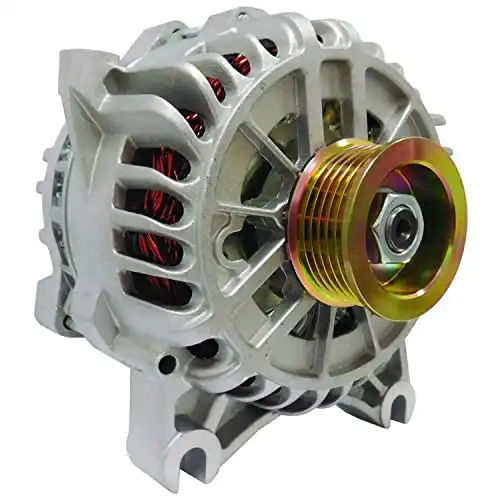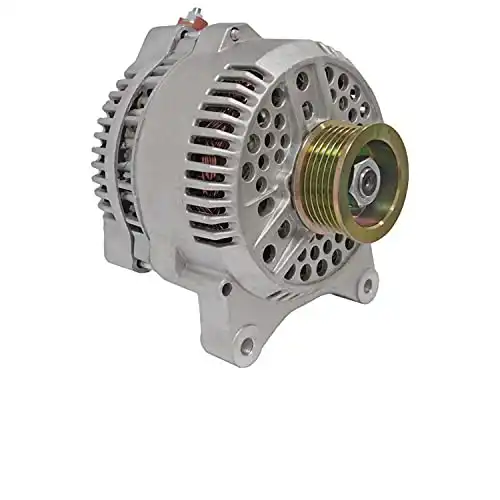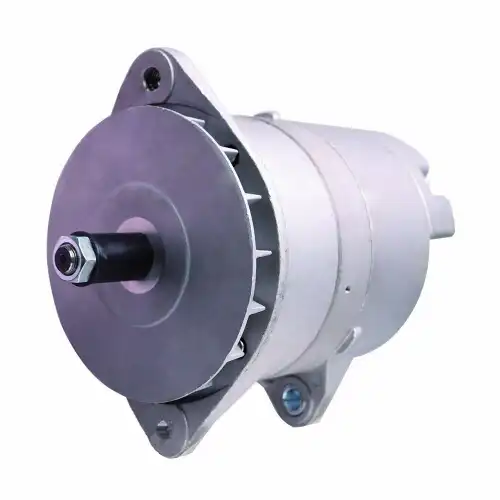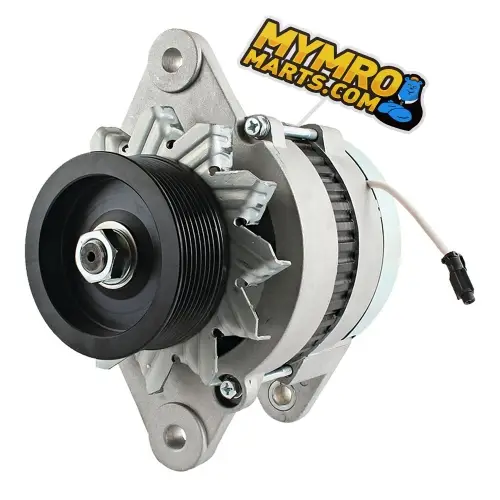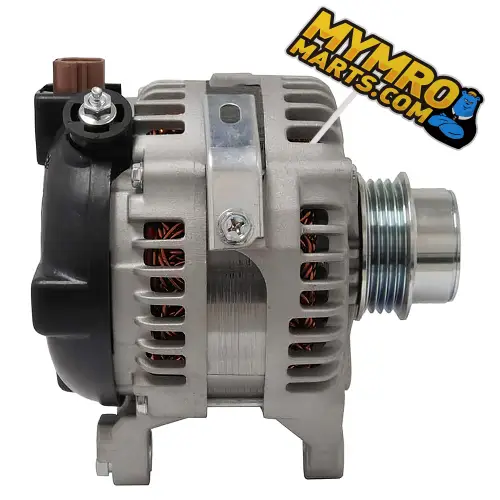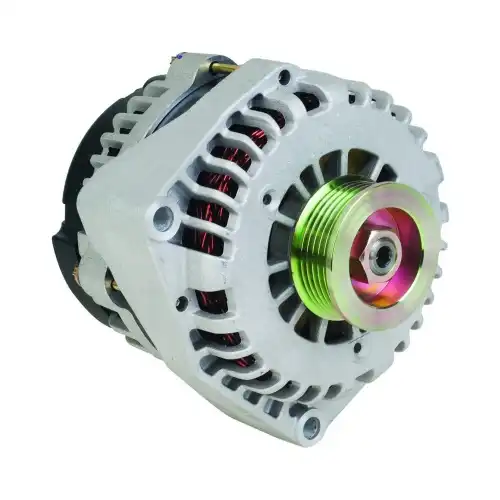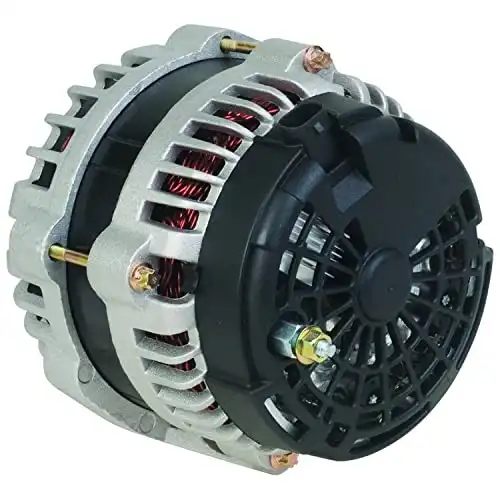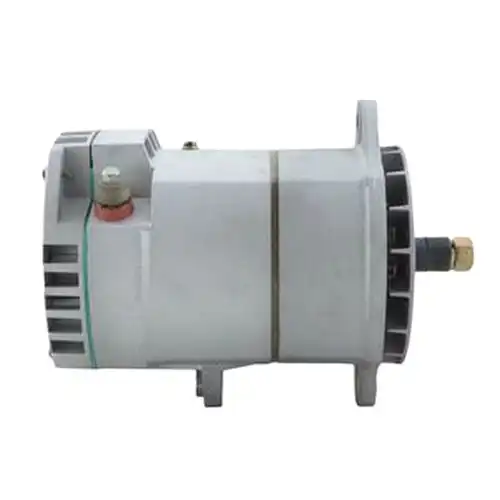

Upgrade Your Engine Power with a 2007 Toyota Camry Alternator - Choose from DR44G, CS130, 24V, 200 Amp or 160 Amp Options
The 160/200amp 24v alternator is often used in heavy-duty vehicles such as trucks, buses, and construction equipment, as well as in marine applications. It is designed to provide reliable and consistent power even under high load conditions, making it ideal for use in demanding environments.
Like most engine vehicle, the 2007 toyota Camry alternator is relatively accessible and can be replaced in around an hour by most DIYers using basic tools. The parts cost will vary depending on your car's options but could be between $150 and $350. It's crucial to match the exact part or it either won't have the right charging capacity or it might not fit at all.
When searching for a DR44G CS130 alternator, it's important to choose a reputable supplier that offers genuine products. You want to ensure that you're getting a reliable and durable product that will meet your needs. Look for a supplier with a track record of providing high-quality products and excellent customer service.
How long does the 160/200amp 24v alternator last?
The lifespan of a 160 amp alternator can vary depending on a variety of factors, such as the quality of the alternator, the conditions in which it is used, and how well it is maintained.
Generally, a well-maintained 200 amp alternator can last anywhere from 50,000 to 100,000 miles or more. However, if the alternator is subjected to harsh operating conditions, such as high temperatures or heavy loads, its lifespan may be shorter.
The main difference between a 200 amp alternator and a 160 amp alternator is their power output. An alternator is responsible for generating electrical power to charge the battery and run the electrical systems of a vehicle or equipment. The higher the amperage rating of an alternator, the more electrical power it can produce.
A 200 amp alternator is capable of producing 40% more power than a 160 amp alternator, which means it can supply more electrical power to the battery and the electrical systems of a vehicle or equipment. This makes it more suitable for high-performance vehicles, vehicles with additional electrical loads, or heavy-duty equipment that requires a lot of power to operate.
How much does it cost to replace an alternator on a 2007 Toyota Camry?
The cost to replace an alternator on a 2007 Toyota Camry can vary depending on several factors, such as the location, the type of replacement alternator used, and the labor costs at the repair shop.
On average, the cost of a new alternator for a 2007 Toyota Camry ranges from $100 to $400, depending on the quality and brand of the replacement alternator.
Labor costs can range from $100 to $300, depending on the shop's hourly rate and the complexity of the repair. In total, the cost to replace an alternator on a 2007 Toyota Camry can range from $200 to $700.
How many amps are the dr44g CS130 alternator?
The DR44G CS130 alternator is a popular high-output alternator used in various vehicles.The DR44g alternator is a two wire Alternator with a built-in regulator. Well, really three wire but the third wire is not needed if adapting this alternator into another vehicle. The DR44 needs a 5V, 128Hz PWM signal to set the desired voltage output.
There are 145 A and 160 A versions of DR44g alternator. The 160A model is a nice upgrade from the older AD244 or even CS144/CS130 alternator models found in older vehicles.
The cost to replace a DR44G CS130 alternator can vary depending on several factors, such as the make and model of your vehicle, your location, and the type of replacement alternator you choose. However, in general, you can expect to pay anywhere from $100 to $500 for the replacement part and installation.
How to choose a suitable alternator?
Choosing the right alternator depends on several factors, including the electrical requirements of the vehicle or equipment, the size and power of the engine, and the intended use of the vehicle or equipment. Here are some steps you can follow to choose the right alternator:
Determine the electrical requirements: You need to know the electrical requirements of the vehicle or equipment, such as the total electrical load (lights, accessories, etc.), the size of the battery, and the voltage of the system.
Calculate the required amperage: Once you know the electrical requirements, you can calculate the required amperage for the alternator. As a general rule, the alternator should be able to supply at least 25% more amperage than the total electrical load to ensure that the battery is charged and the electrical system operates smoothly.
Consider the engine size: The size and power of the engine also play a role in selecting the right alternator. A larger engine may require a higher amp alternator to provide enough power to operate the vehicle or equipment.
Determine the intended use: The intended use of the vehicle or equipment can also impact the choice of alternator. For example, a high-performance vehicle or equipment that is used for heavy-duty applications may require a more powerful alternator than a standard passenger car.
Consult a professional: If you are unsure about which alternator to choose, you may want to consult a professional mechanic or a sales representative at an auto parts store. They can provide expert advice and help you choose the right alternator for your specific needs.
 Track Your Order
Track Your Order




